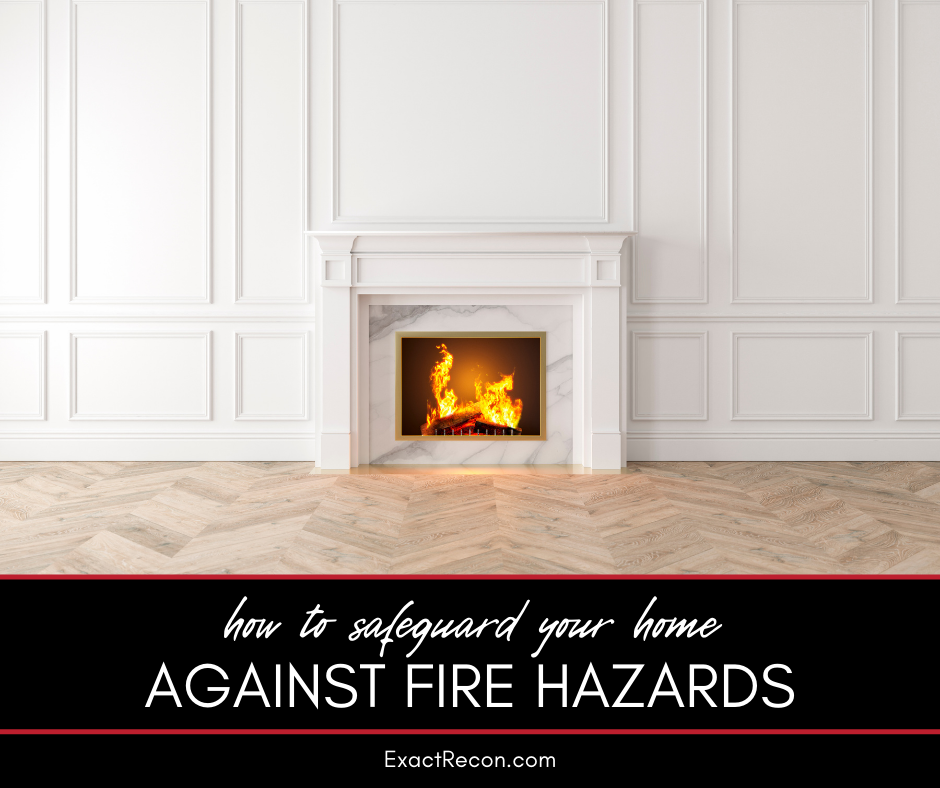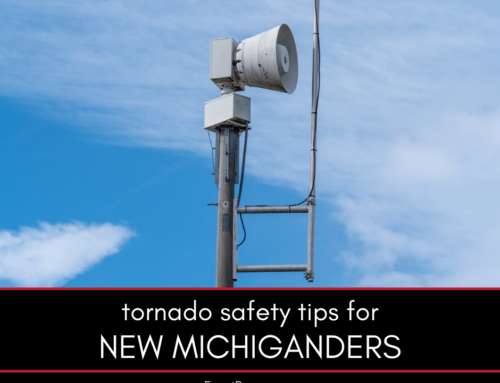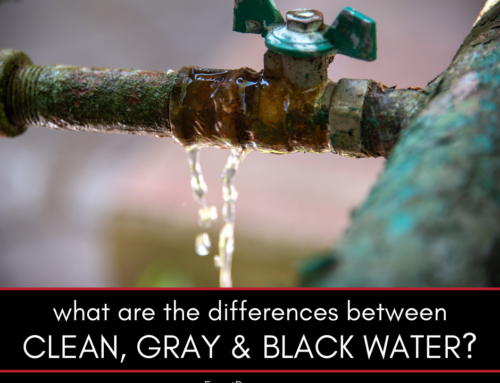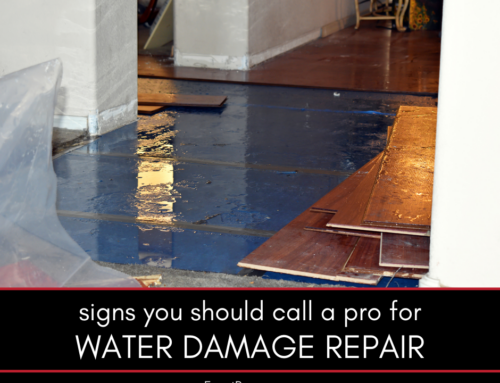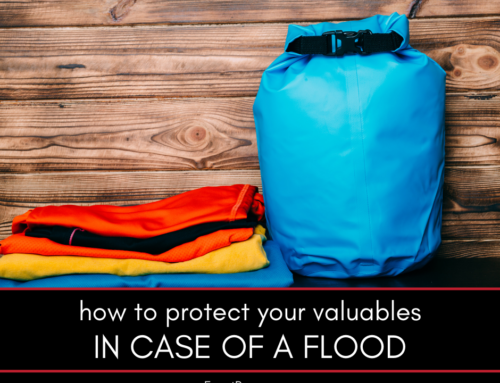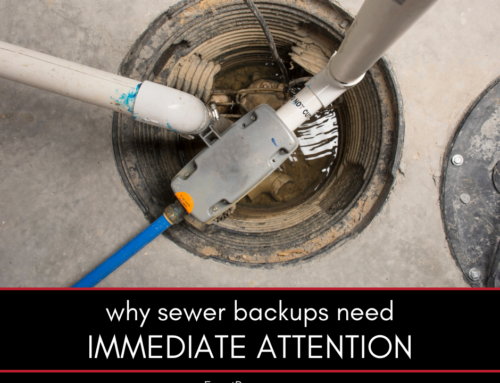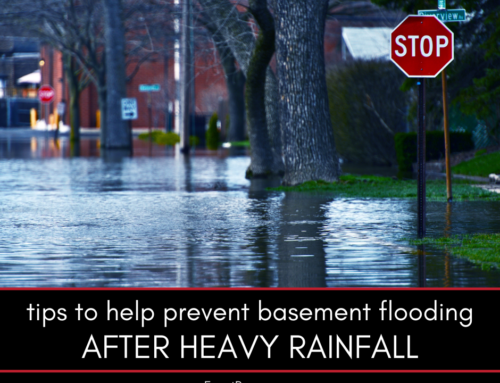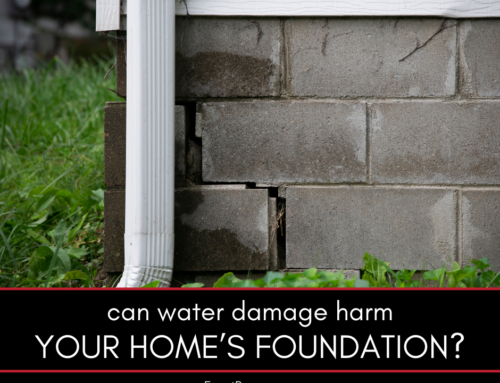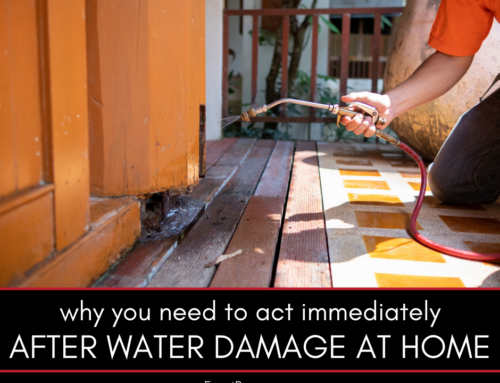Fire hazards can pose a significant threat to your home and safety. Understanding how to identify and mitigate these hazards is crucial for protecting your property and ensuring your family’s well-being.
How to Safeguard Your Home Against Fire Hazards
Safeguarding your home against fire hazards involves a combination of preventative measures, regular maintenance, and preparedness. This guide explains the following:
- Identifying common fire hazards
- Installing and maintaining smoke detectors
- Creating an emergency escape plan
- Practicing safe cooking habits
- Using electrical appliances safely
- Maintaining heating equipment
- Storing flammable materials properly
- Preparing for wildfire risks
Here’s a closer look at each.
Identifying Common Fire Hazards
Identifying common fire hazards in your home is the first step in safeguarding against fires. Common hazards include overloaded electrical outlets, faulty wiring, unattended candles, and cluttered spaces with flammable materials. Regularly inspect your home for potential hazards, such as frayed electrical cords, leaking gas lines, and blocked ventilation systems. Addressing these issues promptly can significantly reduce the risk of fire.
Related: Tips on protecting your home from disasters and other damage
Installing and Maintaining Smoke Detectors
Smoke detectors are essential for early fire detection and can save lives. Install smoke detectors on every level of your home, including inside bedrooms and outside sleeping areas. Test smoke detectors monthly to ensure they are functioning correctly and replace the batteries at least once a year. Consider installing interconnected smoke detectors so that when one alarm sounds, they all do. Replace smoke detectors every ten years to ensure they remain effective.
Creating an Emergency Escape Plan
Having an emergency escape plan is crucial for ensuring your family’s safety in the event of a fire. Develop a plan that includes at least two escape routes from each room and a designated meeting place outside the home. Practice the plan regularly with all household members, including children and pets. Ensure that everyone knows how to exit the home safely and quickly, even in the dark or under stressful conditions. Make sure windows and doors are easy to open and free of obstructions.
Related: How to make an insurance claim after a disaster
Practicing Safe Cooking Habits
Cooking is a leading cause of home fires, so practicing safe cooking habits is essential. Never leave cooking unattended, especially when using the stove or oven. Keep flammable items, such as dish towels, paper towels, and curtains, away from cooking surfaces. Use a timer to remind you when food is cooking, and keep a fire extinguisher in the kitchen. If a grease fire occurs, smother it with a lid or use a fire extinguisher; never use water to extinguish a grease fire.
Using Electrical Appliances Safely
Electrical appliances can be a significant fire hazard if not used properly. Avoid overloading electrical outlets and use power strips with surge protectors. Unplug appliances when not in use and regularly inspect cords for damage. Replace any frayed or damaged cords immediately. Keep electrical appliances away from water sources and ensure they are used according to the manufacturer’s instructions. Avoid running cords under rugs or furniture, as this can cause overheating and fires.
Maintaining Heating Equipment
Heating equipment, such as furnaces, space heaters, and fireplaces, can be potential fire hazards if not properly maintained. Have your heating system inspected and serviced annually by a professional. Keep flammable materials at least three feet away from space heaters and never leave them unattended. Use a screen to prevent sparks from escaping your fireplace and have your chimney cleaned regularly to remove creosote buildup. Ensure that portable heaters have an automatic shut-off feature in case they tip over.
Related: All about wind damage
Storing Flammable Materials Properly
Properly storing flammable materials can significantly reduce the risk of fire. Keep flammable liquids, such as gasoline, paint thinners, and cleaning solvents, in their original containers and store them in a well-ventilated area away from heat sources. Use safety containers for storing large quantities of flammable liquids and ensure they are tightly sealed. Store firewood, paper, and other combustible materials away from heat sources and your home’s exterior walls.
Preparing for Wildfire Risks
If you live in an area prone to wildfires, take additional precautions to safeguard your home. Create a defensible space around your home by clearing away dead vegetation, leaves, and other flammable debris. Keep grass and shrubs well-maintained and prune trees to keep branches at least ten feet away from your home. Use fire-resistant building materials for your roof, siding, and deck. Install metal screens on vents and openings to prevent embers from entering your home. Have an evacuation plan in place and keep important documents and valuables in a fire-resistant safe.
FAQ About Safeguarding Your Home Against Fire Hazards
Check out these commonly asked questions about safeguarding your home against fire hazards. If you don’t see your question here, please call our office and we’ll find you the answers you need.
How Often Should I Test My Smoke Detectors?
You should test your smoke detectors monthly to ensure they are functioning correctly. Replace the batteries at least once a year and replace the entire smoke detector every ten years.
What Should I Do If My Electrical Outlet Sparks?
If an electrical outlet sparks, stop using it immediately and unplug any connected devices. Contact a licensed electrician to inspect and repair the outlet. Do not attempt to use the outlet until it has been properly repaired.
Related: Black, gray and clean water: What you need to know
Can I Use Water to Extinguish a Grease Fire?
No, you should never use water to extinguish a grease fire. Water can cause the grease to splatter and spread the fire. Instead, smother the fire with a lid, use a fire extinguisher, or cover it with baking soda.
How Can I Safely Store Flammable Liquids?
Store flammable liquids in their original containers or safety containers designed for flammable materials. Keep them in a well-ventilated area away from heat sources, and ensure the containers are tightly sealed.
What Should I Include in My Emergency Escape Plan?
Your emergency escape plan should include at least two escape routes from each room, a designated meeting place outside the home, and regular practice with all household members. Ensure that windows and doors are easy to open and free of obstructions.
Do You Need a Disaster Remediation Expert in Washtenaw County or Jackson County?
If your home has already been damaged, we can help. Check out our services and call Exact Recon for your free disaster remediation quote today. We offer:
- Water damage restoration
- Fire damage restoration
- Mold removal and remediation
- Fire and smoke restoration
- Sewer cleanup and disinfecting
- Reconstruction
- Wind and storm damage repair

